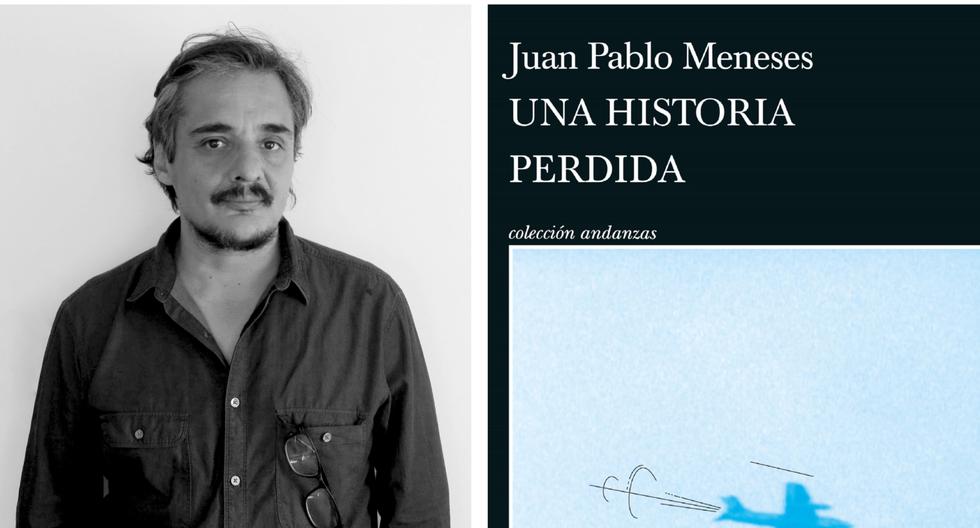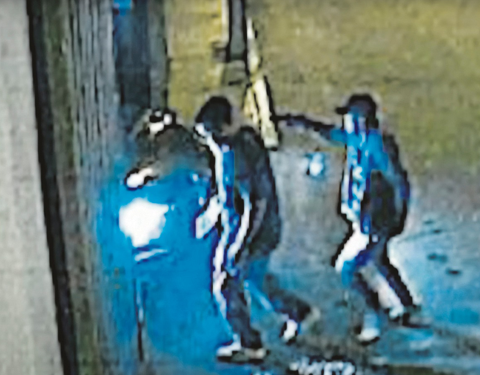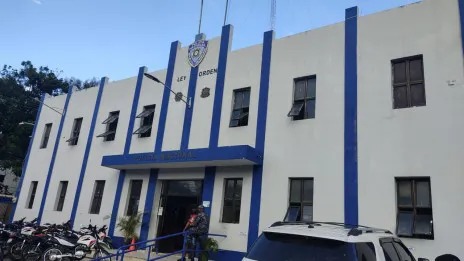
On September 11, 1973, a Chilean air force Hawker Hunter bombed his own military hospital. It was the time of Augusto Pinochet’s coup against Salvador allende. Everything was supposed to be coordinated, that this bomber was supposed to go in the direction of Allende’s house and annihilate whoever was there, but in mid-flight it changed course and ended up destroying the hospital under his command. Juan Pablo Meneses (Chile, 1969) collects this anecdote that serves as the trigger for his first novel: “A lost story”, (tusquets2022).
Meneses is a prolific chronicler who made his way with his first book of stories “Equipaje de mano”, a set of non-fiction stories about his travels around the world. After that would come “Hotel España”; “The life of a cow”; “Children soccer players” and “A portable god”.
WATCH THIS: “Willaq Pirqa, the cinema of my town” seeks to revalue Quechua
In his first novel, a finalist for the 2021 Herralde Prize, Meneses returns not only to the history of his country from the question, why did that Hawker Hunter pilot disobey orders and bomb his own base?, but also to what became known as the Boom of the Latin American Chronicle between 2002 and 2012.
THE HISTORY. Pablo is a Chilean chronicler —alter ego of the author—, famous for some books, whose trade and passion is writing and traveling. At one point in his life he remembers that, as a child, when the bombing of the military hospital occurred, he lived very close to him and the explosion affected him. At that moment, he discovers that he must drop everything and devote himself to investigating what happened that day. In this search, Pablo relives his own history as a chronicler, how he got there, the awards he has won and how that word “Crónica” has become a symbol not only of fashion but of status.
COMES AND GOES. The first thing I must say is that it is a novel that does not miss a beat. It captures from the journalistic tone in which it is narrated, but also from its confessional way. Meneses makes use of a heterodiegetic narrator who invades the consciousness of the main character and through him we see reality: we doubt and move forward with Pablo in his investigation of the bombing, but we also become strange authors of the stories he covers for different magazines. We visit the parties of the chroniclers of that time, we get bored with it and we see what that world was like from a somewhat old perspective.
WATCH THIS: How Stephen King Writes: Read our book review “As I Write”
Although there is an intention to reconstruct a key moment in the history of Chile and with it, the ways in which the military force used to hide its defeats, the narrator’s intensity linked to his trade, his love affairs, and writing, end for embracing that first proposal and they make the novel become a kind of obsession with writing, travel and the art of living as a freelance. These are the moments when the narration takes the most force, when Pablo ignores the recommendations of his editor to write the story that has captivated him; when he categorizes the chroniclers by his styles, when he must leave a girlfriend because he cannot keep his promise not to travel.
The author plays with the reader by stating, from the beginning, that reality and fiction are going to combine without rules: “All the facts that follow are real and, even so, this book is a novel”, is the first sentence of the text. Meneses’s success is not to abandon his chronicler’s record but to put it at the service of a fiction that could be the extensive chronicle of an obsession.
Agile, brief and accomplished text that once again showcases the great trade of the chroniclers of what was once called Boom.

















